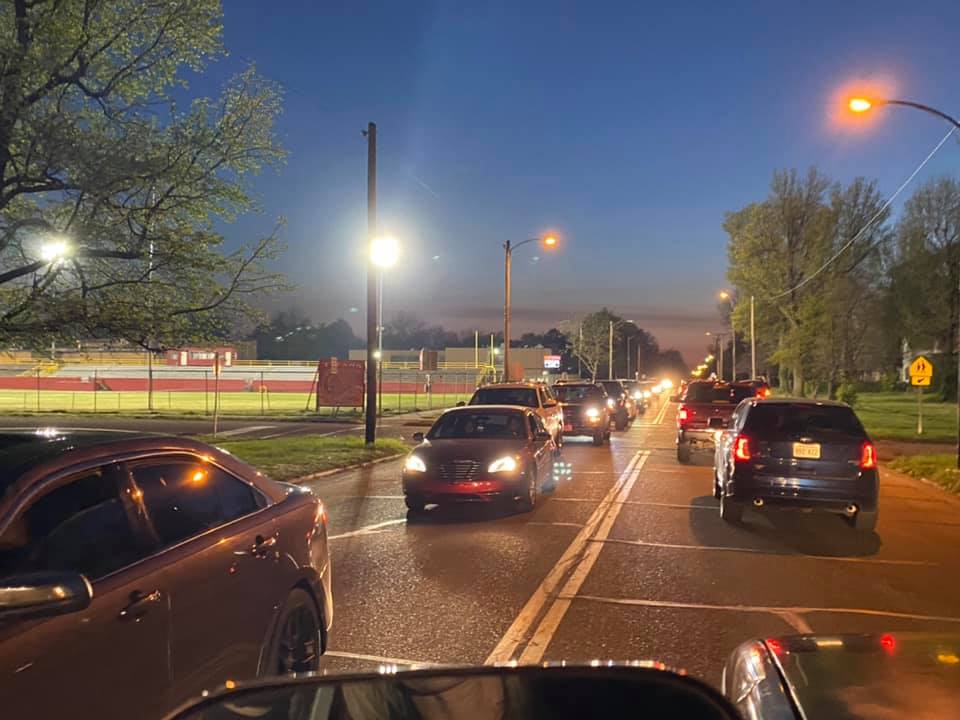The Dickinson County Commission backtracked on a public health order to limit capacity at church gatherings after receiving a warning raising constitutional issues with the order.
Sam MacRoberts, litigation director for the Kansas Justice Institute, sent a terse letter to Dickinson County Health Officer on January 21. The health order raises “serious statutory and constitutional issues requiring immediate remedial action,” MacRoberts wrote.
The health order, issued on Dec. 17, capped church attendance at 25% of established occupancy while capping retail capacity at 50% occupancy. It exempted polling places, licensed daycares, and courts.
Dickinson County amends gathering order
According to MacRoberts, the occupancy limitations for religious institutions may be unconstitutional under the Kansas Constitution, the Kansas Preservation of Religious Freedom Act, and the First Amendment to the United States Constitution.
“Constitutional rights still exist in a pandemic,” MacRoberts said. “The earlier health order imposed an arbitrary and unconstitutional impediment to the free exercise of religion.”
On Thursday, Dickinson County Commissioners amended the health order to exclude religious institutions. MacRoberts called it a big win for religious liberty.
“This is a significant victory for the people of Dickinson County, and we are grateful we were able to work together to ensure religious liberties remain intact,” MacRoberts said.
Dickinson County isn’t the first government entity to face potential legal challenges over pandemic health orders. Just before Easter last spring, the First Baptist Church of Dodge City and Calvary Baptist Church of Junction City filed a federal lawsuit against Gov. Laura Kelly, alleging that an executive order that limited church gatherings to 10 people or less was unconstitutional. The parties eventually resolved the case after a federal court placed a temporary restraining order on the Kelly administration, disallowing enforcement of the order.
Dickinson County Commissioners reversed course on its health order without anyone filing a lawsuit. MacRoberts credits the commission for its quick action.
“To their great credit, Dickinson County ultimately did the right thing. They should be applauded for revising the health order. These are difficult times, and we credit the county leadership for remedying the situation so quickly,” he said.
KJI defends constitutional rights throughout pandemic

MacRoberts and KJI have tirelessly defended constitutional freedoms throughout the pandemic. In May, MacRoberts filed a federal lawsuit on behalf of business owners in Linn County. The county’s officials adopted a policy requiring businesses to maintain lists of their customers for contact tracing and provide that information to government upon demand. MacRoberts likened the demand for business owners to produce customer lists to warrantless searches. The suit was dismissed after Linn County officials adopted a new policy. The amended policy allows businesses to request a warrant before disclosing information to county officials.
In April, MacRoberts sent a letter to Osage County officials warning that the county health department’s ban on car parades was unconstitutional. The county relented the next day and announced that car parades, cruising, and joy rides were permitted.
In October, MacRoberts and KJI filed a lawsuit on behalf of a Lawrence business owner, after Douglas County officials issued an emergency order requiring restaurants and bars to stop serving alcohol at 11 p.m. and close by midnight. The suit alleges that business owners should be able to seek a hearing when a COVID-related order impacts a business. The lawsuit is pending.
“No reasonable person can credibly deny COVID-19 is a serious public health issue that demands serious attention. But it does not excuse violating constitutional freedoms,” MacRoberts said.
Kansas Justice Institute is the pro-bono, public interest litigation arm of Kansas Policy Institute, which also owns the Sentinel.



